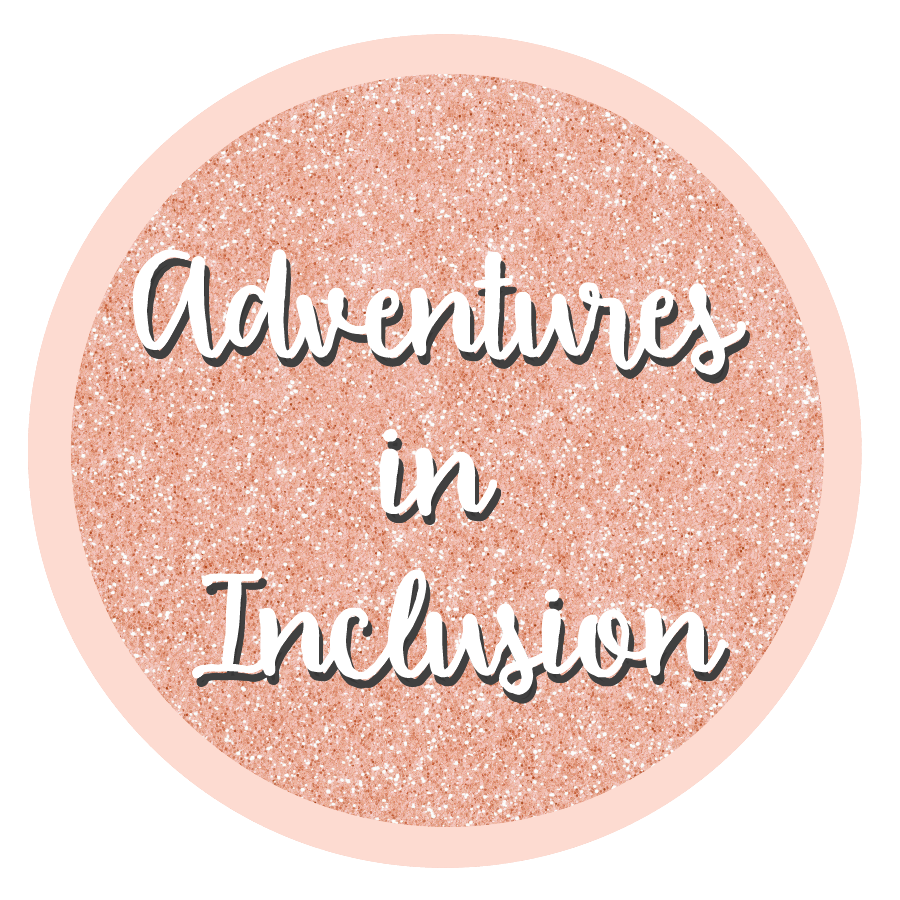-
Co-Teaching Models to Use in Inclusion Settings
I have been co-teaching for over 10 years now, and I have tried many different co-teaching models with several different colleagues. Here are some of the most common co-teaching models, what they are, and why they work (and sometimes don’t). One Teach – One Assist What it looks like: This is the most common co-teaching model that I see in practice in my experience. Typically you see the general education, or content teacher, standing in front of the class providing instruction as they would in their non-inclusion sections, and the special education teacher is circulating the room providing assistance to the students who need it. Benefits: This is a great…
-
Distance Learning: Supporting Math Students
Distance Learning has provided me with so many new challenges that I feel like everyday is a new adventure. I am in my seventh year of teaching, sixth year with the same co-teachers, and I really was beginning to feel like I knew what I was doing, and then BAM! Coronavirus… Here are some tips as to how I support my inclusion students in math during this period of hybrid learning. Reference Sheets I use reference sheets in math all the time. But I feel like they are a great tool to keep posted on Google Classroom, or other online platform for the students to keep referring to. Reference sheets…
-
Tips for Co-Teaching Online
I am currently prepping for next year, and like the rest of you, I have no idea if I’m prepping for face to face teaching, or online teaching… or both. Because of this I am really starting to stress about how I am going to do my job. It has been made clear to us that we are still expected to meet every accommodation and service delivery minute of our students’ IEPs. I get why they’re setting that expectation, but how do I deliver the amount of inclusion minutes when I am not together with the other teachers and a lot of the other teachers aren’t doing live classes? I…
-
Accommodations for Writing
I find helping students to write to be very challenging. For some people, it comes naturally and for some people, it can be a life long struggle. When I am developing an IEP with the parents and the rest of the team, it is important to include accommodations for students who have a writing disability so that they can be successful in the classroom. I have compiled a list of accommodations to share with you that could be helpful for your students. Obviously there is never a one size fits all solution to helping students. But these are just different ideas that I have tried for different students. Students who…
-
Accommodations for Students with Dyscalculia
Working with students with Dyscalculia can be challenging. Students who have dyscalculia tend to have difficulty with number sense, manipulating numbers, and completing computation among other things. Supporting these students in your classroom can be challenging. Dyscalculia will mostly affect them in math, but I have had students who are affected by it in science class also because of the math necessary for topics like Chemistry. If you are concerned that your child is affected by Dyscalculia, it may be time for you to have a conversation with your child’s teachers. Often these students qualify for special education services due to having a Specific Learning Disability in the area of…
-
Repair a Strained Co-Teaching Relationship
Co-Teaching has proven to be a great tool for reaching all students. It allows students with disabilities to be taught in the general education classroom giving them opportunities for social interactions with their typical peers. It also allows for students without disabilities who may be struggling to receive the support of having two teachers in the room. These are only two of the many benefits of the inclusion model. But, for the co-teaching model to work in your classroom, the teachers need to be able to work well together. Good co-teaching requires multiple teachers to be on the same page; for them to co-plan, co-assess, and co-teach. When two co-teachers…
-
Special Education Guide: What is an FBA?
What is it? FBA stands for a Functional Behavioral Analysis. It is a fancy way of saying we take a LOT of data to figure out what is motivating a student’s behavior. An FBA can be done when the student is exhibiting dangerous behaviors, but it does not have to be. If a student is consistently falling asleep in class, or doing another task avoidance behavior you can do an FBA for that. You can use it to determine if there are specific situations or tasks that are prompting the behavior. When do we use it? We perform an FBA when we have a student that has behavior challenges. The…
-
Benefits of the Inclusion Model
A lot of school districts, for a variety of reasons, are beginning to adopt an inclusion model for special education. For more about inclusion, check out A Beginners Guide to Inclusion. Inclusion can present a variety of difficulties for the staff members involved. Having to constantly adjust curriculum to the wide varieties of needs and abilities in your classroom is a challenge. But, when done right, inclusion is definitely worth the work. Rigorous Curriculum When you include students with disabilities in the general education classroom, they are still being exposed to all of the grade level curriculum that their peers are. The students are exposed to positive peer role models who…
-
Positive Reinforcements for Middle School Students
Often, I have a difficult student that results in me and my team creating a behavior plan for that student. More often than not we work towards using positive incentives for students to earn with the behavior chart rather than consequences or taking things away. But, with middle school students, sometimes it is hard to find age-appropriate rewards. Get the Parents Involved I try to get the parents involved with the behavior plans. Sometimes the most appropriate rewards for the students involve things that are more appropriate to happen at home. I have had students whose parents determined that the best reward was some screen time after dinner or a…
-
Tips for a New Inclusion Teacher
Teaching inclusion can be overwhelming for someone who is new to the job, or maybe you are just in a new co-teaching relationship. There are so many things to worry about, from the needs of your students, to your co-teaching relationship, to working with parents. Here are some tips for someone who is new to inclusion. Treat all of the students the same It is easy to go into the classroom and focus on only the students on your caseload. It is your job to help these students and ensure that they are receiving all of their necessary accommodations and modifications. But, you need to remember that for optimal co-teaching,…




































